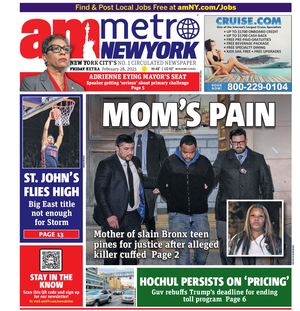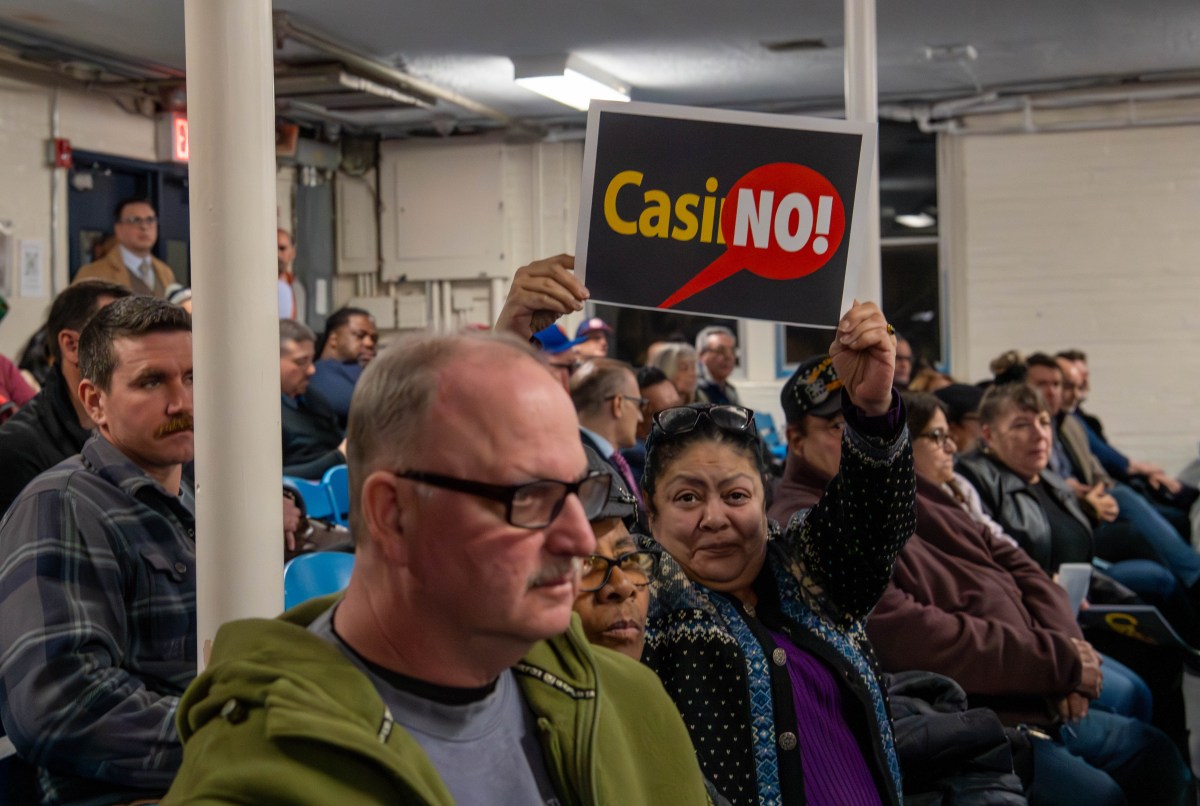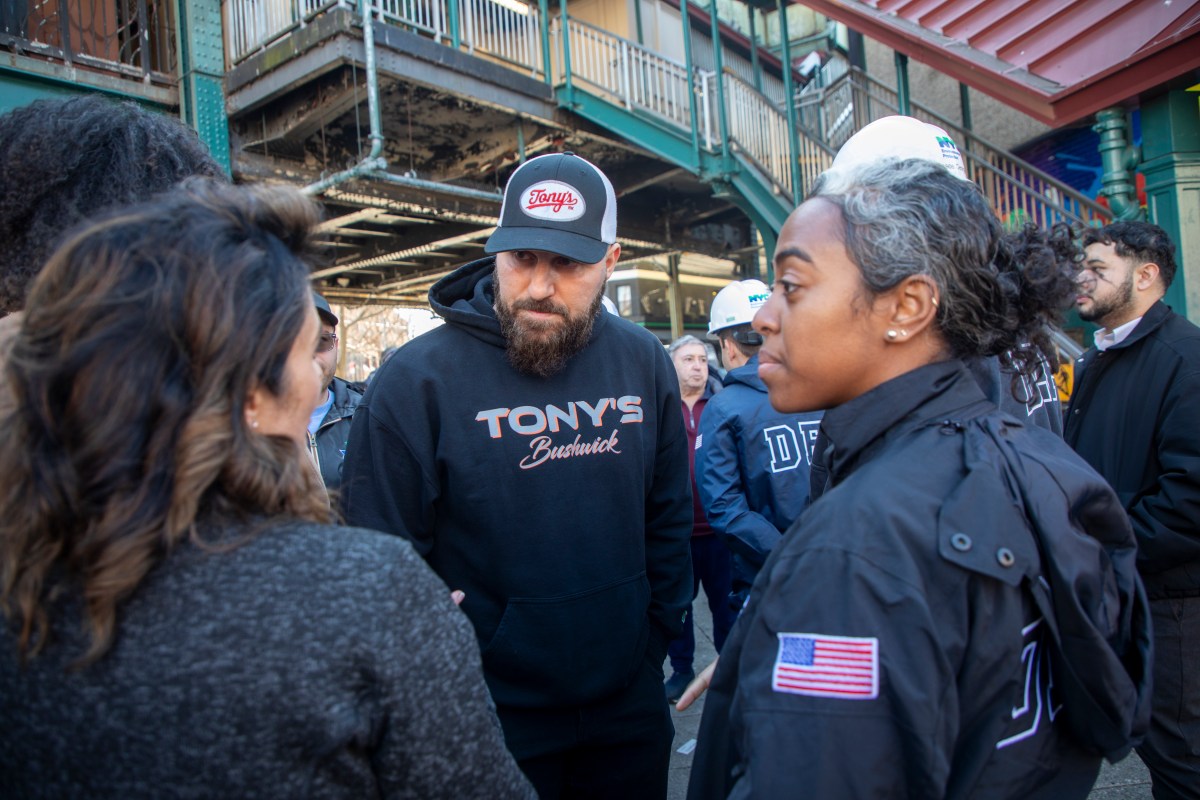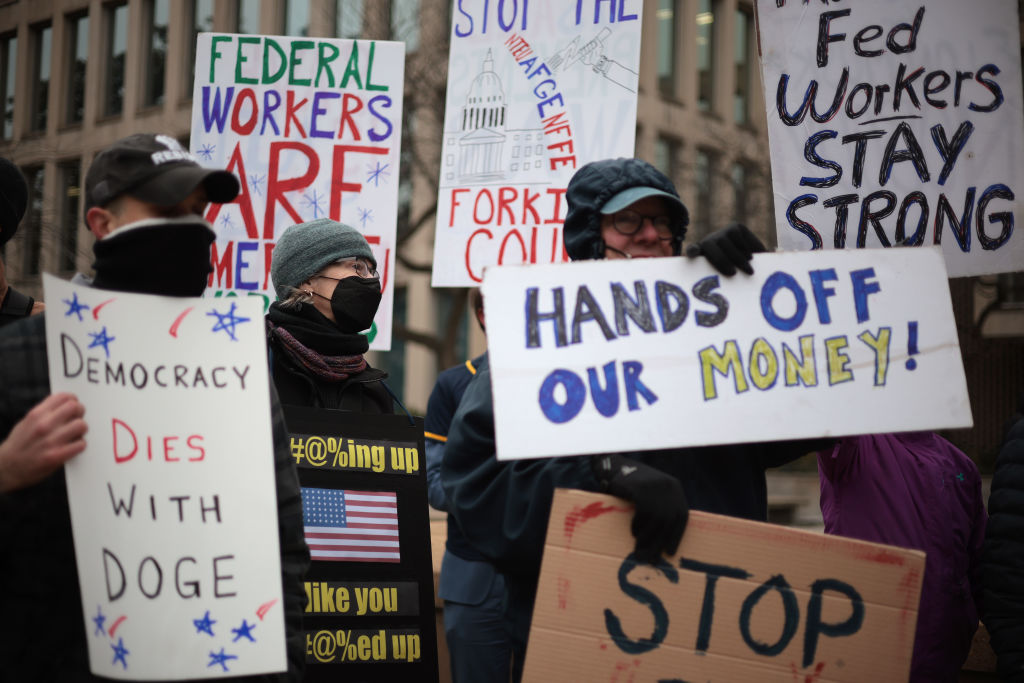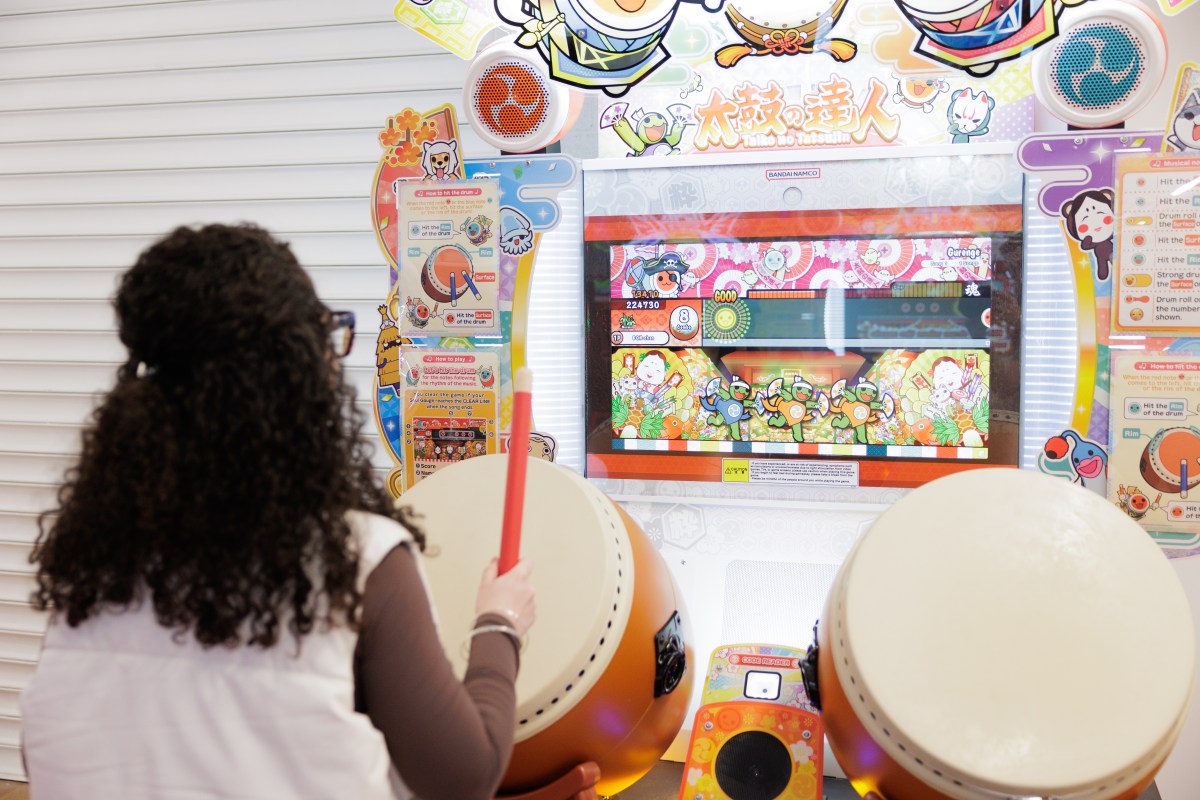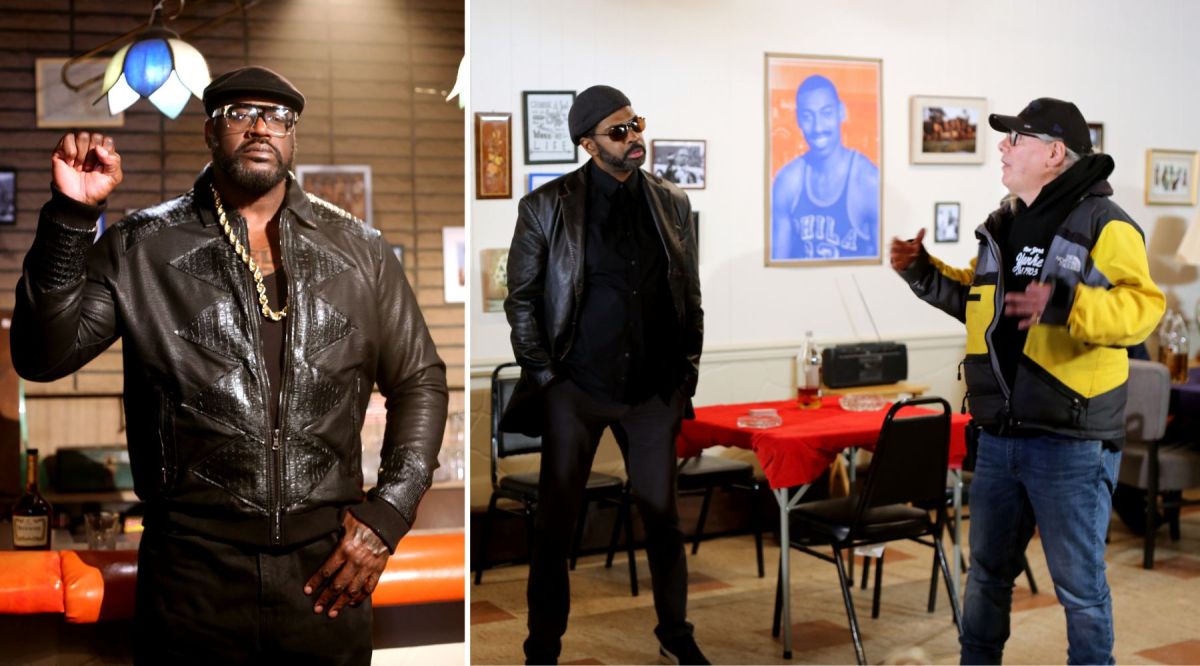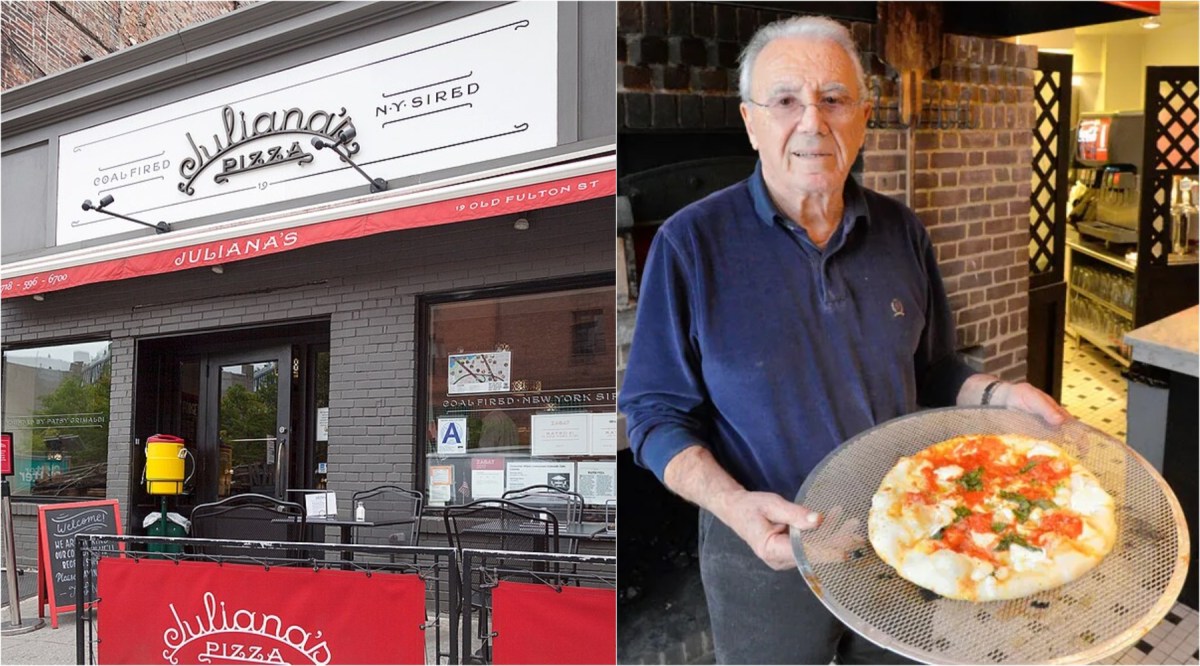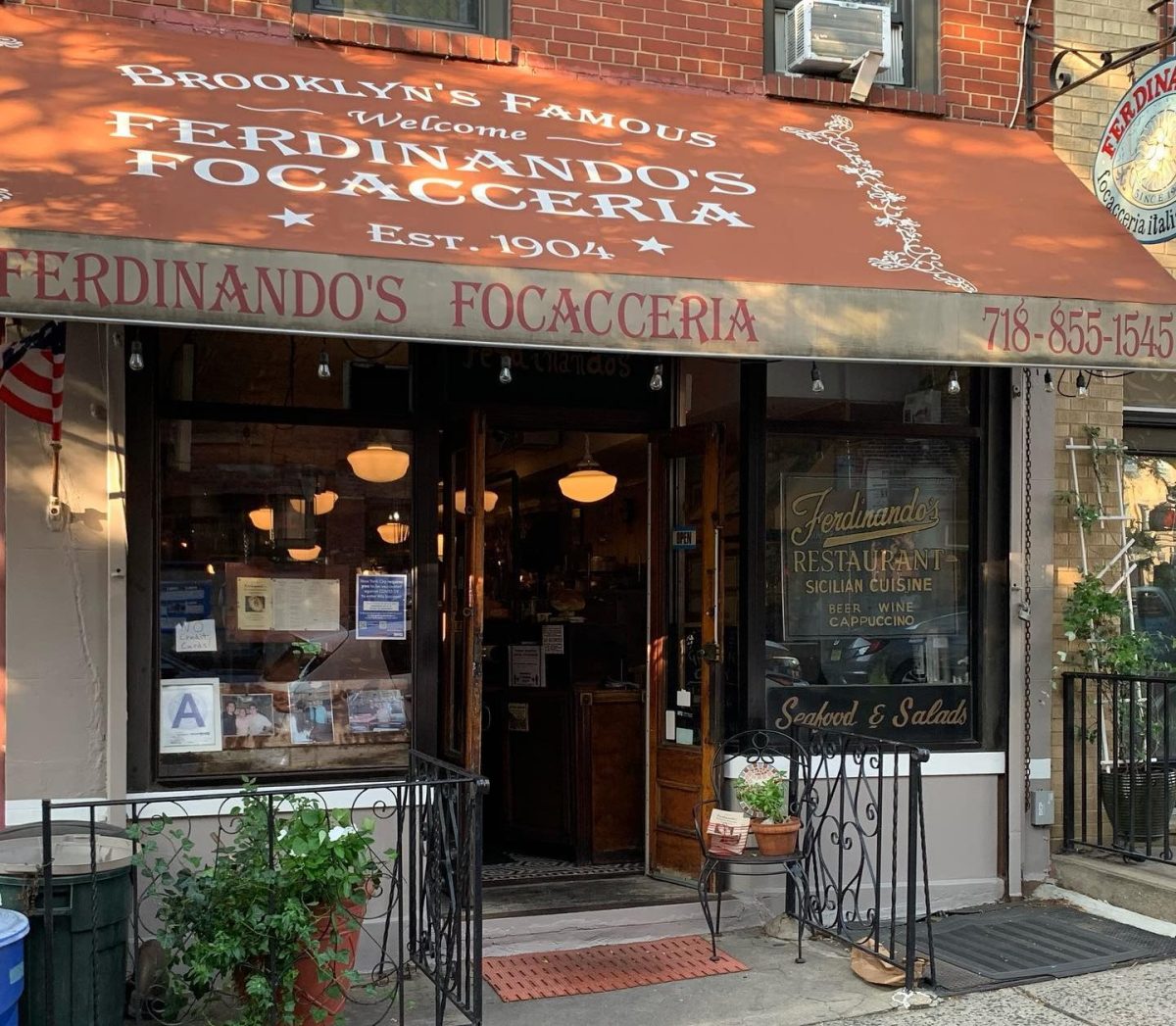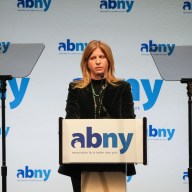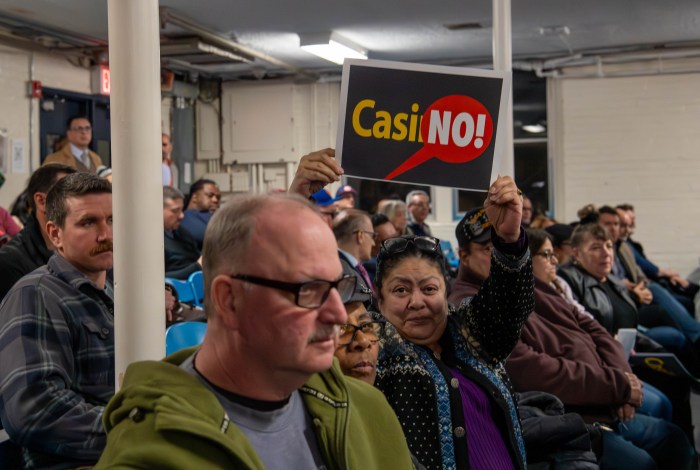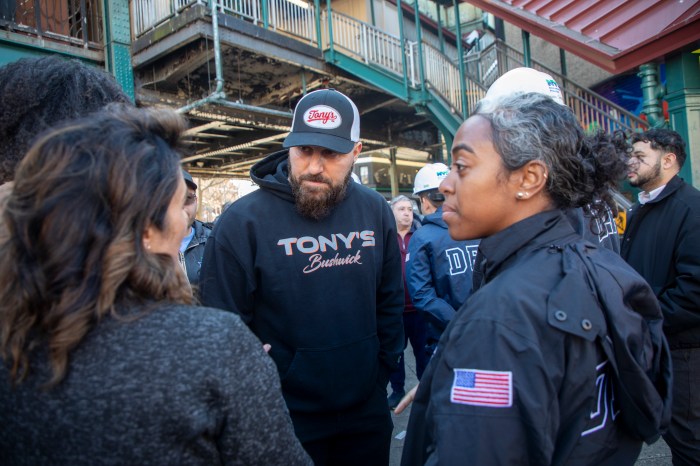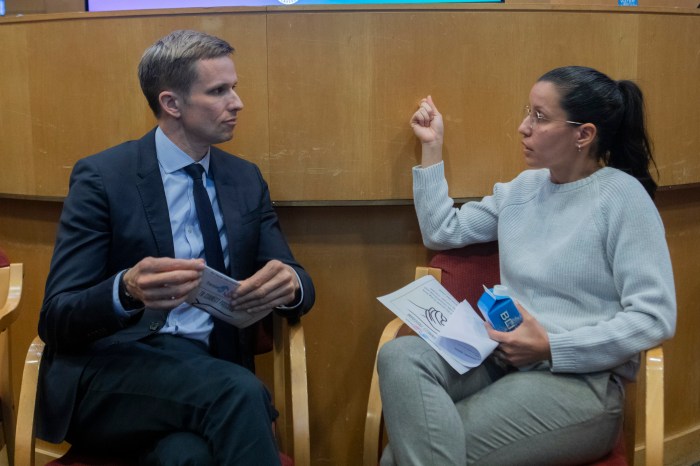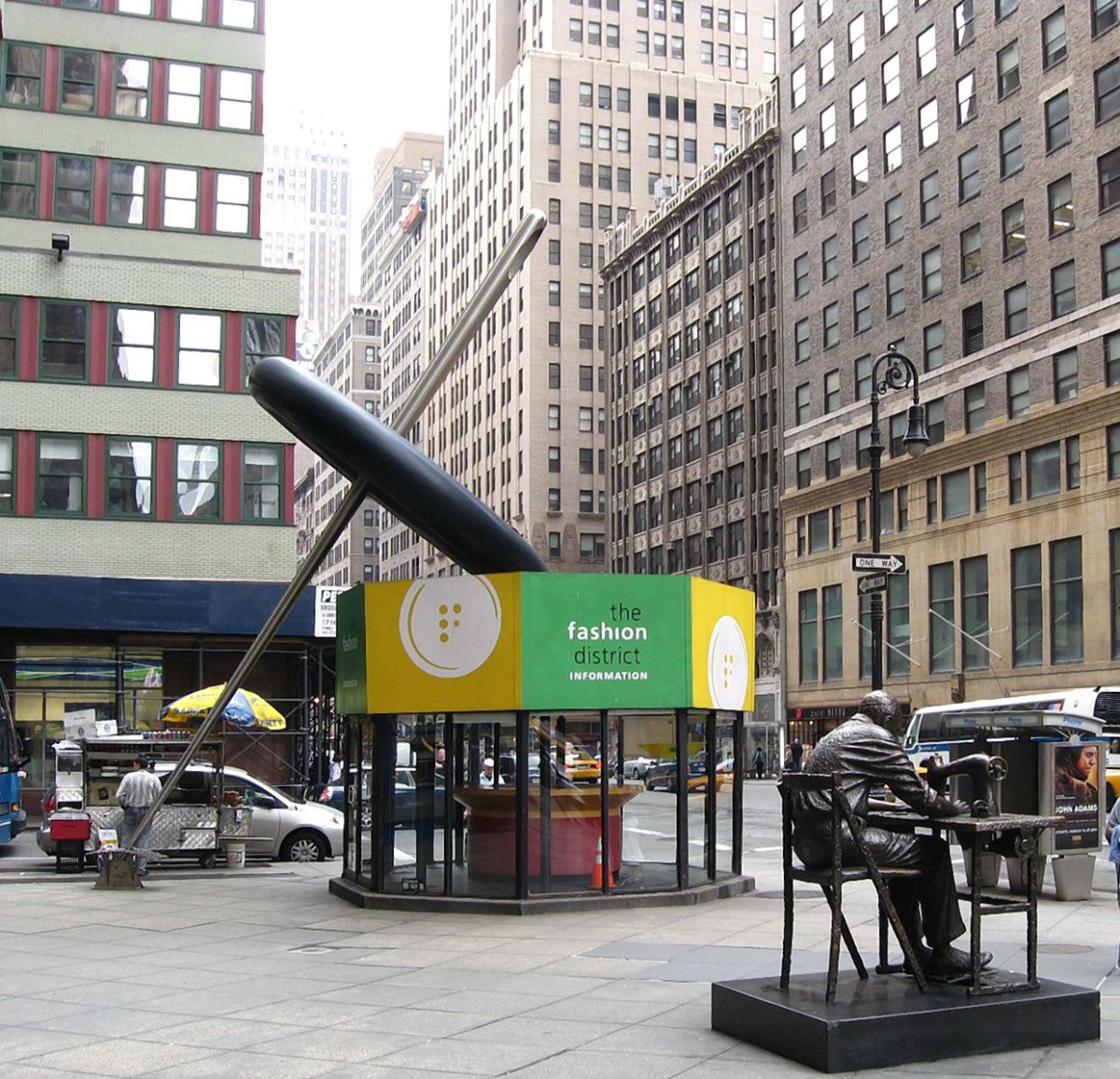
BY GABE HERMAN | Last week, the City Council unanimously passed a rezoning of the Garment District that will keep a strong fashion industry presence but allow more flexibility for other industries to continue their growth in the area.
A 1987 law was ended that required property owners converting manufacturing space to keep a 1-to-1 ratio of industrial and office space use. Now landlords are free to develop office spaces how they want.
There are also tax incentives for landlords who rent long-term affordable space to fashion tenants. In addition, there will be a new 200,000-square-foot center for garment production at the Made in NY campus in Sunset Park, Brooklyn.
The rezoning, passed on Dec. 20, addressed changing professional demographics in the Garment District. Even though office space for fashion in the area has increased 17 percent in the last five years, 60 percent of the neighborhood’s total jobs are in other sectors, such as nonprofit, healthcare, entertainment and IP (intellectual property) services. Over all, there are 66,000 jobs in the Garment District, which is expected to increase to 72,000 in the next three years.
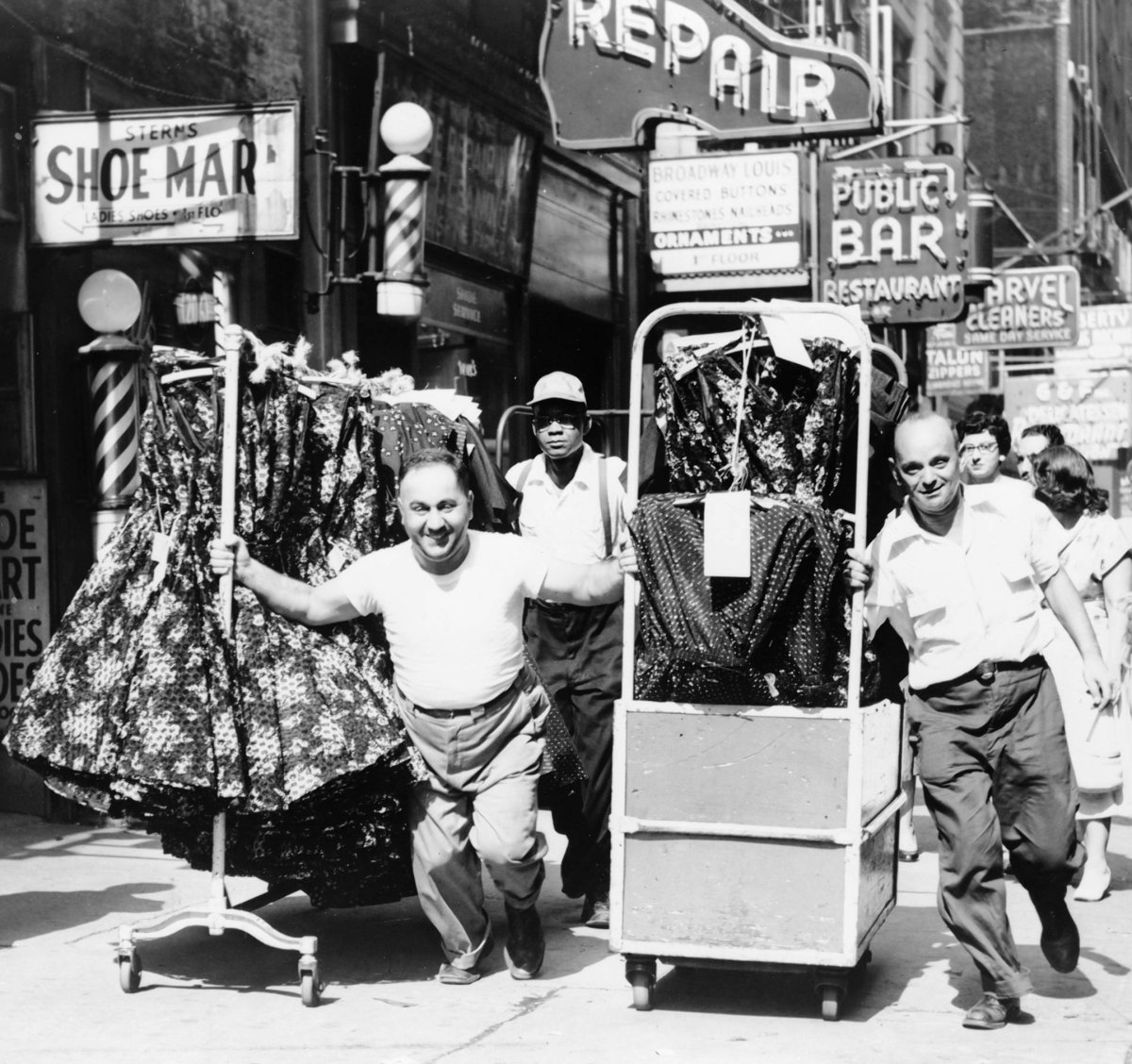
“We’re preserving the city’s fashion manufacturing capacity both in its traditional home in the Garment Center and with investments across the city,” Mayor Bill de Blasio said in a statement. “Today’s vote ensures that the Garment Center will continue to thrive as a mixed-use neighborhood.”
Council Speaker Corey Johnson represents Council District 3, which includes the Garment District. The latter is roughly bounded by Sixth and Ninth Aves. between 34th and 42nd Sts.
“The manufacturing sector is a key part of the broader New York fashion industry, which contributes so much to our city,” Johnson said. “So securing its health for today and in the years to come is absolutely vital.”
The legislation is also backed by the Council of Fashion Designers of America.
“The CFDA is supportive of today’s steps to strengthen the garment manufacturing industry and looks forward to partnering with the sector to help it modernize for the future,” said Steven Kolb, the group’s president and C.E.O. He called it an “inclusive process that has helped ensure that New York City’s fashion ecosystem can continue to thrive on a citywide basis for many years to come.”
The legislation, two years in the making, provides $20 million from the city toward buying a building in the Garment District for fashion manufacturing. It also includes a special-permit provision that limits hotel development in the neighborhood.
